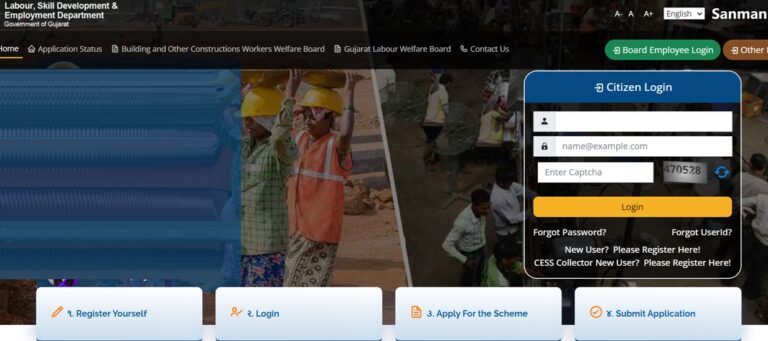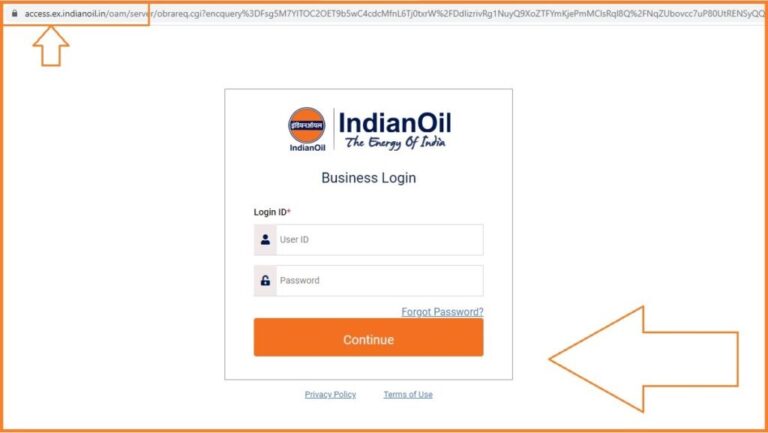
Construction ERP Software News.ticbus.com
In today’s fast-paced construction industry, efficient management of resources, projects, and finances is essential. Enterprise Resource Planning (ERP) software has revolutionized the way construction businesses operate, offering streamlined processes and improved productivity. In this guide, we will explore the essentials of construction ERP software and how news.ticbus.com provides valuable insights into the latest trends and updates in this field.
Table of Contents
What is Construction ERP Software?
Understanding ERP in Construction
ERP software is an integrated management system that centralizes various business processes into a single platform. In the context of construction, it helps organizations manage their projects, workforce, materials, equipment, finances, and more. The aim is to enhance collaboration, reduce operational costs, and increase efficiency.
Construction ERP software offers several specialized features, such as:
- Project management tools to monitor progress, timelines, and budgets.
- Financial management systems that track expenses, payroll, and invoices.
- Inventory and resource management to ensure timely delivery of materials and efficient use of resources.
- Real-time data access for better decision-making and problem-solving.
Benefits of Construction ERP Software
The adoption of ERP systems in construction brings numerous advantages, including:
- Enhanced collaboration between different departments and teams.
- Automated workflows that reduce manual tasks and the risk of human error.
- Cost control by optimizing resource allocation and tracking project expenses.
- Improved scheduling and project timelines to ensure timely project delivery.
- Data-driven decision-making by providing real-time access to critical information.
Key Features of Construction ERP Software
1. Project Management
Effective project management is at the core of any construction ERP system. It provides tools for planning, scheduling, and monitoring project progress. Gantt charts, dashboards, and milestone tracking are some features that allow project managers to stay on top of their responsibilities.
- Real-time project tracking: ERP software provides up-to-date data on project status, helping teams stay on schedule.
- Risk management: By analyzing project timelines and resource usage, ERP systems help identify potential risks and bottlenecks early.
2. Financial Management
A robust financial management module is critical for construction companies. It ensures accurate tracking of expenses, payroll, and invoicing. Additionally, it enables companies to stay within budget and avoid cost overruns.
- Payroll management: ERP software integrates payroll functions to ensure timely and accurate salary disbursements.
- Expense tracking: It provides tools to monitor and control all project-related expenses, ensuring better financial oversight.
3. Inventory and Resource Management
ERP software streamlines the management of inventory, materials, and resources, ensuring that the right materials are available when needed.
- Inventory control: ERP helps manage inventory levels, reducing the risk of overstocking or shortages.
- Resource allocation: The system ensures efficient use of labor and equipment, preventing underutilization or overbooking.
The Role of News.ticbus.com in Construction ERP Software
A Hub for the Latest News and Trends
News.ticbus.com is a valuable resource for staying updated on the latest developments in construction ERP software. It provides news, articles, and expert opinions on the innovations and trends shaping the industry.
Some of the critical topics covered by news.ticbus.com include:
- New ERP software releases tailored for the construction sector.
- Updates on leading ERP providers and their product offerings.
- Case studies highlighting how companies have benefited from ERP implementation.
- Expert analysis on the future of ERP in construction and upcoming technological trends.
Why Follow News.ticbus.com?
Construction ERP software is evolving rapidly, and keeping up with the latest updates is crucial for businesses looking to remain competitive. By following news.ticbus.com, construction professionals can:
- Stay informed about the latest software solutions that can enhance operational efficiency.
- Gain insights into best practices for ERP implementation.
- Learn from the experiences of other businesses through case studies and success stories.
- Understand the future trends in construction technology, including cloud-based ERP systems, artificial intelligence, and machine learning.
How Construction ERP Software Transforms the Industry
1. Increased Efficiency and Productivity
With construction ERP software, manual processes are replaced with automated workflows, reducing time spent on administrative tasks. This allows teams to focus on more critical tasks such as project execution and problem-solving.
- Automation of repetitive tasks: ERP systems eliminate the need for manual data entry, speeding up processes like billing, reporting, and procurement.
- Improved communication: ERP systems ensure seamless communication between departments, improving overall coordination and workflow.
2. Better Project Cost Control
By centralizing data related to costs, materials, and resource allocation, ERP software helps construction companies keep projects within budget. Real-time tracking and reporting of expenses ensure that projects do not exceed financial limits.
- Budget tracking: ERP systems allow real-time monitoring of project budgets, giving financial managers control over expenditures.
- Preventing cost overruns: With automated alerts for cost deviations, ERP software helps businesses manage project budgets effectively.
3. Enhanced Risk Management
Construction projects are prone to various risks, such as cost overruns, material shortages, and delays. ERP software enables proactive risk management by providing real-time insights into potential issues and allowing teams to mitigate them early.
- Identifying bottlenecks: ERP systems can help spot inefficiencies and potential project delays.
- Mitigating risks: Real-time monitoring allows teams to address risks before they escalate, saving time and money.
4. Real-Time Data for Informed Decision Making
The ability to access real-time data from various departments ensures that decisions are based on accurate and up-to-date information. This is particularly valuable in construction, where delays or mistakes can have significant financial implications.
- Data-driven decisions: ERP systems provide detailed insights into every aspect of a project, ensuring that decision-makers have the necessary information at their fingertips.
- Comprehensive reporting: Customizable reports offer a clear picture of project progress, resource usage, and financial performance.
Choosing the Right Construction ERP Software
1. Understand Your Business Needs
When selecting a construction ERP system, it’s essential to understand your company’s unique requirements. Some companies may prioritize financial management, while others may need robust project management tools.
- Tailored solutions: Look for ERP software that offers features specifically designed for the construction industry.
- Scalability: Choose a solution that can grow with your business as your projects and team expand.
2. Evaluate the Software’s Features
Before making a decision, ensure that the ERP software offers all the necessary features for your business operations, such as:
- Comprehensive project management: Tools for planning, scheduling, and tracking project progress.
- Integrated financial management: Features for expense tracking, payroll management, and budgeting.
- Inventory and resource management: Tools for managing materials, equipment, and labor.
3. Consider Integration and Usability
A good construction ERP software should easily integrate with your existing systems, such as accounting software or project management tools. Additionally, the user interface should be intuitive, ensuring that your team can quickly learn and adopt the system.
- Seamless integration: Ensure that the ERP system can connect with other software solutions you are already using.
- User-friendly interface: A simple, intuitive interface will reduce the learning curve and increase user adoption.
Conclusion
The construction industry is increasingly adopting ERP software to stay competitive, manage resources more effectively, and ensure timely project delivery. By centralizing critical business processes, construction ERP software helps companies improve efficiency, reduce costs, and make data-driven decisions.
News.ticbus.com plays a vital role in providing up-to-date information on the latest advancements in ERP technology, helping businesses stay ahead of the curve. Whether you’re looking to implement a new ERP system or upgrade an existing one, staying informed through reliable resources like news.ticbus.com can be the key to success in a highly competitive market.
In conclusion, if you’re in the construction industry, embracing ERP software is no longer optional—it’s a necessity.
Also read – MixTVNow: The Ultimate Streaming Guide for Your Favorite Shows and Movies in 2024


